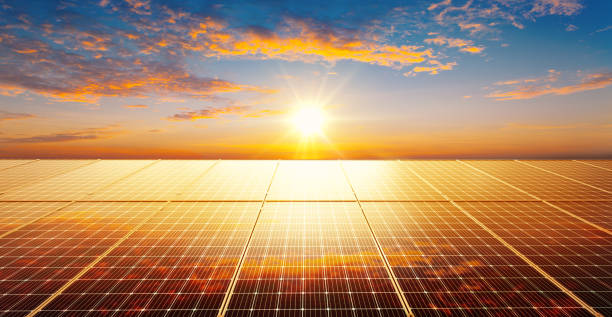Solar panel installation is a wise investment for homeowners looking to reduce their energy bills and their carbon footprint. Before diving into the installation process, there are several key factors to consider. Here’s what you need to know:
Assess Your Energy Needs
Before installing solar panels, assess your energy consumption to determine the size of the system you’ll need. Look at your past energy bills and consider any future changes in energy usage.
Roof Suitability
Evaluate your roof’s suitability for solar panel installation. Ideally, it should be south-facing with minimal shading throughout the day. If your roof isn’t suitable, ground-mounted options are available.
Local Regulations and Permits
Check with your local authorities regarding regulations and permits for solar panel installation. Some areas may have specific requirements or restrictions on panel placement and system size.
Choose the Right Installer
Selecting the right solar panel installer is crucial. Look for certified professionals with experience in solar installation. Research their reputation, read reviews, and get quotes from multiple installers to ensure you’re getting the best service at a competitive price.
Quality of Panels and Equipment
Invest in high-quality solar panels and equipment to ensure the longevity and efficiency of your system. Research different brands and technologies to find the best fit for your needs and budget.
Financial Incentives and Rebates
Research available financial incentives and rebates for solar panel installation in your area. These incentives can significantly reduce the upfront cost of installation and improve the return on investment.
Net Metering
Understand your utility’s net metering policy, which allows you to sell excess energy generated by your solar panels back to the grid. This can further offset your energy costs and provide additional savings.
Maintenance Requirements
Solar panels require minimal maintenance, but regular cleaning and inspection are essential to ensure optimal performance. Consider the accessibility of your panels when planning for maintenance.
Monitoring System Performance
Install a monitoring system to track the performance of your solar panels and identify any issues early on. Many installers offer monitoring services as part of their packages.
Insurance and Warranties
Ensure that your solar panel system is adequately insured and that all components come with warranties. This protects your investment and provides peace of mind in case of any unexpected issues.
Environmental Impact
Installing solar panels reduces your reliance on fossil fuels, lowering your carbon footprint and contributing to a cleaner environment. Consider the environmental benefits of solar energy whe makingn your decision.
Long-Term Savings
While the initial cost of solar panel installation may seem high, remember that it’s a long-term investment that can provide substantial savings on your energy bills over time. Calculate the payback period to determine the financial viability of installing solar panels.
By considering these key factors and thoroughly researching your options, you can make an informed decision about solar panel installation. With the right planning and professional assistance, you can enjoy the benefits of clean, renewable energy for years to come.



